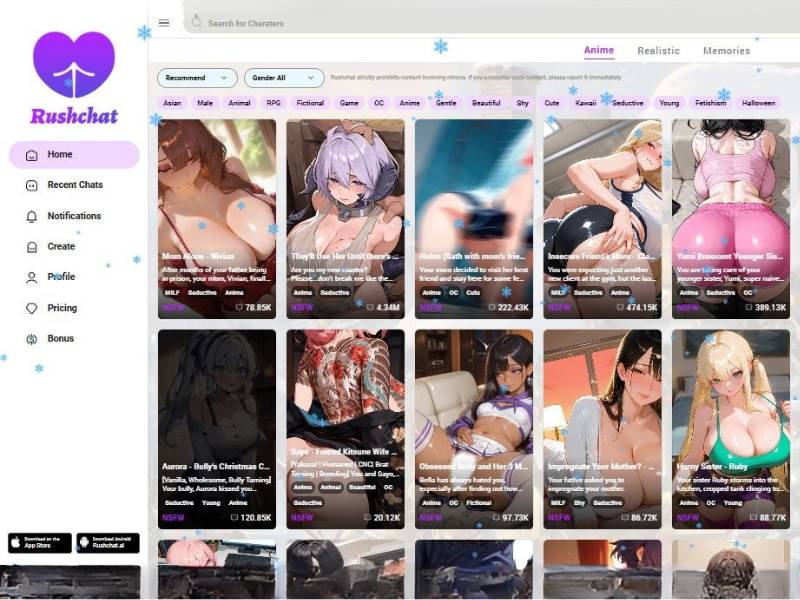The Rise of AI in Travel: How Personalized Itineraries Are Transforming the Way We Explore
Travel planning has always been a blend of excitement and stress. From researching destinations to juggling flights, accommodations, and activities, the process can feel overwhelming. However, with the advent of artificial intelligence (AI), the way we design and experience trips is undergoing a revolution. AI-powered tools for generating personalized travel itineraries are streamlining this process, offering tailored recommendations that adapt to individual preferences, budgets, and lifestyles. This article explores how these tools work, their benefits, real-world examples, challenges, and what the future holds for AI in travel.
How AI Tools Work: The Magic Behind the Recommendations
AI travel itineraries leverage advanced algorithms, machine learning, and natural language processing (NLP) to create customized plans. The process begins with data collection: users input details about their interests, budget, travel style, preferred activities, and even dietary restrictions. AI systems then analyze this information alongside vast datasets, such as real-time weather, local events, traffic patterns, and user reviews.
Machine learning models learn from past user interactions and global travel trends to refine suggestions. For instance, if a user frequently searches for hiking trails, the AI might prioritize destinations with outdoor activities. NLP allows tools to interpret vague requests, like "a romantic getaway with beaches and good food," by understanding context and intent. Additionally, some platforms integrate with booking systems to dynamically adjust itineraries based on availability and pricing.
The Benefits of AI-Generated Travel Itineraries
-
Time Efficiency:
Traditional planning involves hours of research. AI tools automate this by generating structured itineraries in minutes. For example, a family vacation planner might suggest kid-friendly attractions, family-oriented hotels, and local dining options without manual searching. -
Hyper-Personalization:
These tools go beyond generic recommendations. They consider unique preferences, such as a love for street art in Barcelona or a desire for budget-friendly stays in Southeast Asia. Some platforms even adjust suggestions based on user feedback during the trip. -
Real-Time Adaptability:
AI can update itineraries on the fly. If a flight is delayed, the tool might reschedule activities or suggest nearby alternatives. It also alerts users to last-minute deals or changes in weather conditions. -
Cost Optimization:
By analyzing price trends and comparing options, AI helps travelers find the best deals. For instance, it might recommend a cheaper hotel that still aligns with a user’s comfort level or suggest less expensive dining spots. - Accessibility and Inclusivity:
AI can cater to specific needs, such as recommending accessible routes for travelers with disabilities or suggesting family-friendly activities. This makes travel more inclusive and stress-free for diverse groups.
Real-World Examples of AI Travel Tools
Several platforms are leading the charge in AI-driven travel planning:
- Trai: An AI assistant that crafts personalized itineraries by asking users questions about their interests and preferences. It integrates with booking platforms to secure flights and accommodations.
- Google Assistant & Alexa: Voice-activated tools that use AI to suggest destinations, manage bookings, and provide real-time updates.
- TripIt: Uses AI to organize travel plans by parsing itineraries from emails and offering optimized schedules.
- Hopper: While primarily for flight booking, its AI predicts price changes and suggests the best time to book, indirectly shaping travel plans.
- SmartBali (or similar regional tools): Focus on local insights, like hidden gems in a destination, using data from user behavior and cultural trends.
These tools often combine historical data with real-time inputs, ensuring flexibility and relevance. For example, an AI might recommend a museum visit during a rainy day or suggest a nearby café if a restaurant reservation is canceled.
Challenges and Limitations
Despite their advantages, AI travel tools face hurdles:
- Data Privacy Concerns: Users must share personal details, raising questions about how data is stored and used.
- Over-Reliance on Technology: Some travelers miss the human touch of traditional planners, who can offer nuanced advice or handle unexpected situations.
- Accuracy and Creativity: AI might struggle with abstract preferences or local nuances. A tool might overlook a culturally significant event or misinterpret a user’s "romantic" vibe.
- Initial Setup: Users need to input detailed preferences, which can be tedious for those unfamiliar with the process.
The Future of AI in Travel
The future of AI in travel is promising. Emerging trends include:
- Augmented Reality (AR) Integration: Imagine walking through a virtual version of your destination before you go, with AI highlighting points of interest.
- Voice-Activated Planning: More intuitive interfaces, like conversational AI, could allow users to "talk" their way through itinerary creation.
- Predictive Personalization: AI may anticipate user needs based on past behavior, suggesting destinations or activities before they’re even considered.
- IoT Synergy: Integration with smart devices could automate aspects like car rentals or luggage tracking, enhancing the travel experience.
Conclusion
AI tools for personalized travel itineraries are reshaping the industry by making planning faster, more accurate, and tailored to individual needs. While challenges like privacy and creativity remain, the convenience and adaptability they offer are undeniable. For travelers seeking efficiency, uniqueness, or accessibility, these tools represent a powerful ally. As technology evolves, the blend of AI and human expertise could unlock even more remarkable possibilities, ensuring that every journey is as seamless and memorable as the destination itself. Whether you’re a first-time traveler or a seasoned adventurer, embracing AI might just be the key to your next perfect trip.







